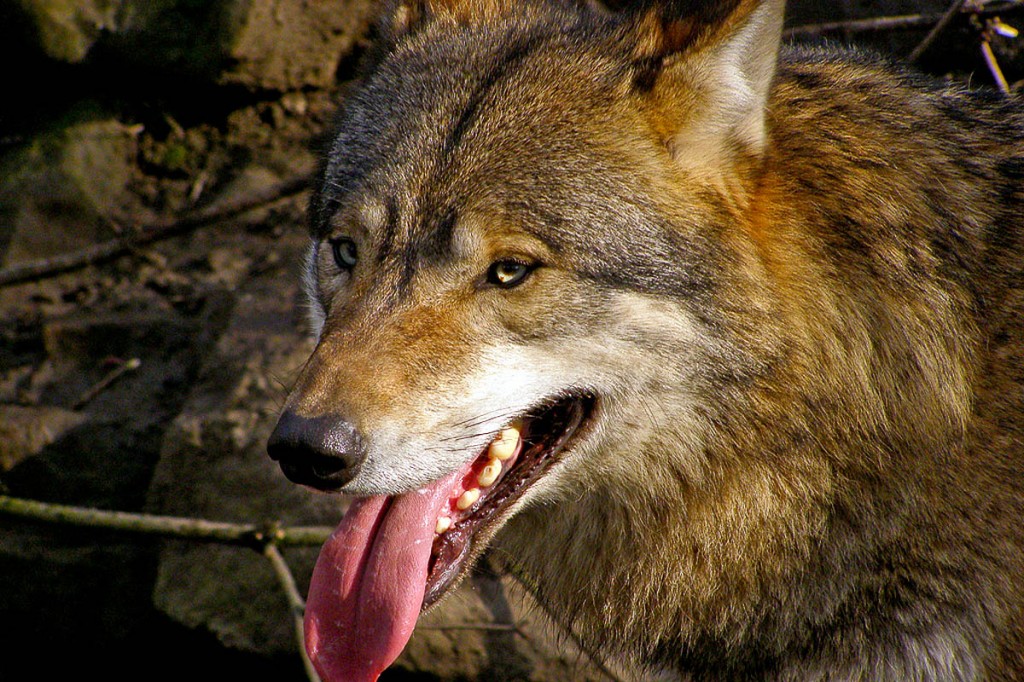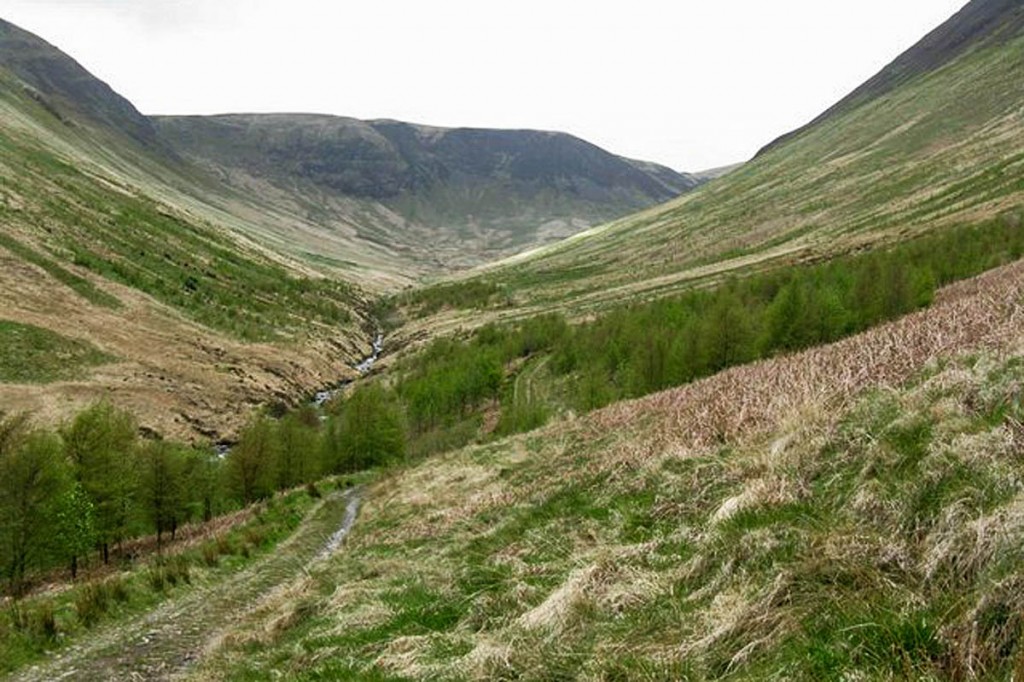A new charity has been formed to promote the reintroduction of wild species into the countryside.
Rewilding Britain wants to see animals such as beavers, lynx, pelicans, bison and eventually wolves back on the hills and forests of the country.
The group, inspired and supported by journalist and campaigner George Monbiot, said it has spent the past two years raising funds and gathering different viewpoints from a cross-section of individuals and organisations.
“Rewilding Britain seeks to restore species that used to live here but have since become extinct or very rare,” it said. “These include beavers, wild boar, bison, cranes, pelicans, sturgeon, bluefin tuna, lynx and eventually wolves, grey whales, humpbacks and sperm whales.
“Studies around the world demonstrate that reintroducing key species, which previously existed naturally as part of the food chain, can bring significant advantages in terms of encouraging biodiversity.
“It can be both a way of naturally managing excessive numbers of another species that are damaging ecosystems as well as stimulating more diverse patterns of wildlife and flora.”
Rewilding Britain said it hopes to establish at least three core areas, each of 100,000ha (386 sq miles) or more, of rewilded land by 2030.
Rebecca Wrigley, programme manager for Rewilding Britain, said: “An important part of our work will be to inspire and inform, and build a wider movement for rewilding. Rewilding projects on the ground will be locally owned and locally run. Our new website features a selection of fantastic rewilding projects that are already up and running across Britain and beyond.
“We hope we can gather a groundswell of support. We want to amplify the message that some pioneers have been putting out, defuse urban myths and attract new support. Rewilding is really for everyone who cares about our future. Our ecosystems need us.”
Rewilding Britain was inspired by the success of George Monbiot’s book Feral: rewilding the land, sea and human life. The charity said it tapped into a hitherto-unnoticed public desire for change. “Subsequent excitement about the prospects of returning beaver and lynx reinforced the belief that many people would like Britain to become a wilder place,” it said.
George Monbiot will be a key supporter of the organisation. He said: “The overwhelmingly positive response to Feral was quite unexpected. It seems the book put into words what many people were thinking and longing for. I am thrilled that it has led to the formation of Rewilding Britain.”
“The changes we’re calling for would be considered unexceptional almost anywhere else in Europe, where in many countries populations of beavers, boar, lynx and wolves are already recovering rapidly.
“So far the public appetite for change here has had few outlets. We want to change that, and to restore the living world and our relationship with it.”
The new group points to instances is says demonstrate the benefits of rewilding. At Carrifran Wildwood, Scotland, in the late 1990s, a group of friends raised funds from public donations and bought an extensive tract of land. “A typical bare glen in the Scottish Borders, heavy sheep and goat grazing over centuries had left it in a barren state,” Rewilding Britain said. “Their aim was to restore this to a wild and largely wooded land, evoking the pristine countryside of 6,000 years ago.
“During the first decade of work, the project planted over half a million trees in the lower valley. They’ve now planted thousands of shrubs and trees in the high hanging valleys to recreate montane scrub and natural tree line. Volunteers planted over 75,000 of these. They also maintain the fences that keep sheep and goats out. Roe deer have been significantly culled.
“The results are clear to see: an emerging and inspiring sea of woodland in a bare and desert landscape. It’s now home to many different species of woodland birds that had been lost to the area.”
Knepp Castle Estate in West Sussex has 3,500 acres (1,416ha) of heavy weald clay. Though farmed intensively since the Second World War, the farm rarely made a profit.
“Rewilding has turned this around,” the new charity said. “Knepp has attracted support from Natural England through the Higher Level Stewardship scheme. And its focus on rewilding has prompted successful spin off enterprises. The farmland is now profitable.
“Free-roaming grazing animals: cattle, ponies, pigs and deer, drive this process-led regeneration. At low cost, they provide the estate with wild-range, slow-grown, pasture-fed organic meat for which there is a growing market.
In just over a decade, Knepp has seen astonishing results in biodiversity. It is now a breeding hotspot for purple emperor butterflies, turtle doves and two per cent of the UK’s population of nightingales.”
The group also pointed to the reintroduction of wolves into Yellowstone Park in the USA.
When wolves were reintroduced to Yellowstone Park after a 70 year absence, they became a classic example of giving life to many other species including beavers and more different ranges of birds, Rewilding Britain said. “They transformed an entire ecosystem. They altered the behaviour of deer, allowing trees to grow and all sorts of wildlife to flourish. They also changed the behaviour of rivers.”
Rewilding Britain said it is in the process of appointing a director. “While George Monbiot is a supporter of the organisation, he does not have a position on the executive or the board,” the organisation said.
More details are on the Rewilding Britain website.

![[CC-2.0]](/lib/img/layout/cc-attr.gif)
